
George Saunders: ‘My Flamboyant Grandson’
Sometimes, when I’m walking down the street, I think about the grandfather in ‘My Flamboyant Grandson.’ George Saunders’ story is set in a semi-absurd dystopia where every citizen is required to wear Everly Strips on their shoes, bar-coded soles that summon customised ads to ubiquitous public screens, phantom voices beckoning to you as you amble...
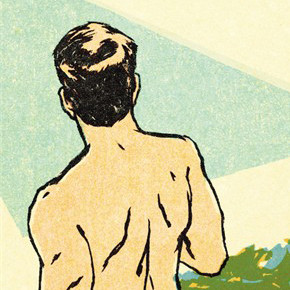
Rereadability unbound
I’d like to think there’s something more essential about the short story than just its being, well, short. Are short stories inherently tidier, messier, more dramatic, voicier, paradoxically slower, better with beer and pretzels than neighboring forms? We could adjectival-phrase away for days on this, following up with maybe yesses and maybe nos, but I...

Jhumpa Lahiri: ‘The Third and Final Continent’
Jhumpa Lahiri published her debut collection of short stories, The Interpreter of Maladies, in 1999 – a year after I moved to America from Russia. I remember seeing stacks of that book, with the now iconic orange-yellow jacket, in the Barnes & Noble of Anchorage, Alaska, where I spent a lot of my after-school time...
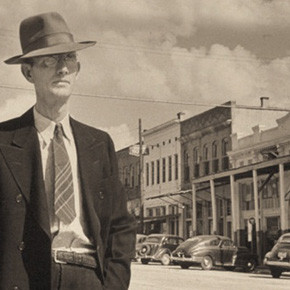
Flannery O’Connor: ‘Good Country People’
As both a reader and writer of stories, I love, perhaps more than any other quality of the form, the daring that defines the very best short stories: that breathtaking break with expectation, or subject matter, or reality as we know it. No story writer, it seems to me, had – or has – a...

Lorrie Moore: ‘How to Be an Other Woman’
It is risky to return to anything that one loved thirty years ago – a boyfriend, a city, an outfit. But I had a hunch that Lorrie Moore’s ‘How to Be an Other Woman’ would hold up pretty well, although it now feels distinctly historical with its references to office work in which the clerical...
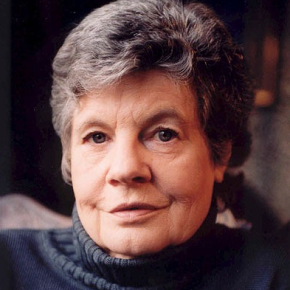
A.S. Byatt: ‘The July Ghost’
In my early-to-mid-twenties, I decided it was time to take up reading again. I was newly single, I had a boring job, and I lived at home with my parents. I needed some excitement in my life so I returned to books. I’d read avidly as a child and into my teens, but I wasn’t...

Joyce Carol Oates: ‘Where Are You Going, Where Have You Been?’
Anyone who doubts a short story’s capacity to pack a powerful punch hasn’t yet read the much anthologised and analysed short story by Joyce Carol Oates ‘Where Are You Going, Where Have You Been?’. Set in the mid-1960s, it is a tale that can be read as a crime story, an allegory, a snapshot of...
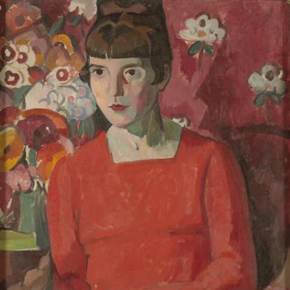
Katherine Mansfield: ‘Bliss’
“What can you do if you are thirty and, turning the corner of your own street, you are overcome, suddenly by a feeling of bliss – absolute bliss! – as though you’d suddenly swallowed a bright piece of that late afternoon sun and it burned in your bosom, sending out a little shower of sparks...

Raymond Carver: ‘Cathedral’
“I knew that story was different from anything I’d ever written… and all of the stories after that seemed to be fuller somehow and much more generous and maybe more affirmative… Somehow I had found another direction I wanted to move toward. And I moved. And quickly.” This is Raymond Carver and he is referring...
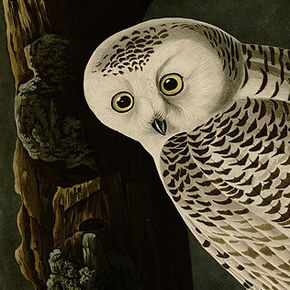
Lorrie Moore: ‘Community Life’
As with most anything in life, from parents to food to clothes, I’d had plenty of experience with short stories before I really knew what they were. We read them in school (another thing experienced before it’s understood): these one- to forty-page things of fiction, usually in a photocopied packet, or an anthology containing other...
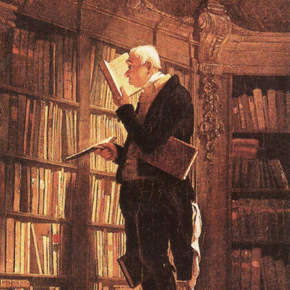
Herman Melville: ‘Bartleby, the Scrivener’
I’m not sure if Herman Melville’s ‘Bartleby, the Scrivener’ is a very long short story or a very short novella, but I’ve always thought of it as a story and, ever since I first read it for my English and American Literature degree in 1991, it has been my favourite short story. It contains three...

Alice Munro: ‘Menesteung’
One of the reasons to write about the past, it seems to me, is to try to save someone or something from obscurity, or as Alice Munro says in ‘Menesteung’, from her collection Friend of My Youth: “to rescue one thing from the rubbish,” to “see a trickle in time.” This is that kind of...

